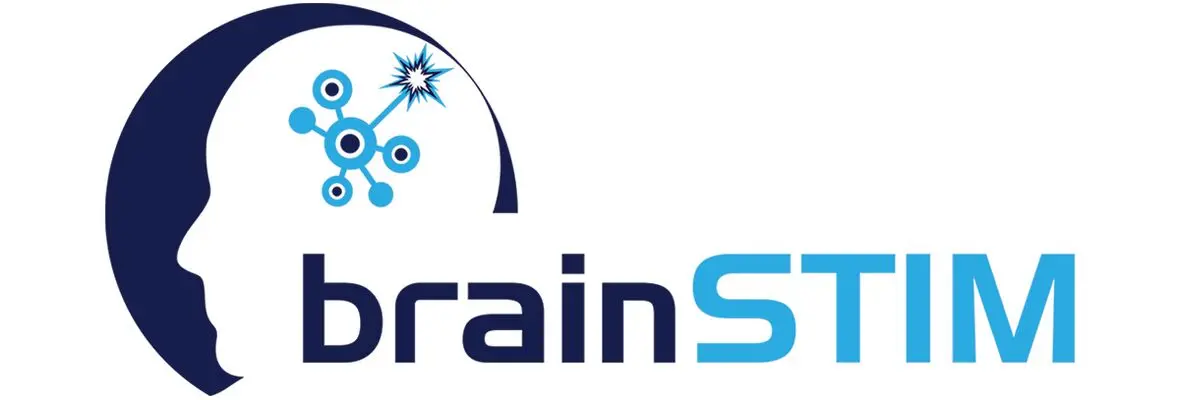Penn Brain Science, Translation, Innovation, and Modulation Center
Welcome
The Penn Brain Science, Translation, Innovation, and Modulation (brainSTIM) Center brings together a team of leading neuroscientists, neurologists, psychiatrists, psychologists, and engineers from the University of Pennsylvania who use groundbreaking neuromodulation techniques to research, repair, and enhance human brain function. In order to accomplish this goal, the brainSTIM Center has created a framework for cooperation that cuts across departmental and institutional boundaries. The center promotes intellectually rewarding, productive, and novel scientific collaborations in the field of neuromodulation by leveraging critical skills and resources, creating unique opportunities for growth, innovation, and sustainability for neuromodulation research.
The brainSTIM Center sucessfully held its third annual TMS Workshop on Sept 17-19, 2025. More information can be found on the TMS Workshop 2025 tab!
brainSTIM News
-
NationaI Institutes of Health Directors Award for High-Risk, High-Reward Research
Wednesday, October 8, 2025
Congratulations to Casey Halpern, MD, for winning the Pioneer Award! This award will support his long-standing vision of developing technologies for multiple disorders of the brain, including major depression, obsessive-compulsive disorder (OCD), and substance use disorder (SUD). These disorders have all been linked to dysfunction of areas that exist very deep in the brain, unreachable by available treatments.
-
Penn Medicine Awards of Excellence
Friday, October 24, 2025
Congratulations to brainSTIM Core Faculty member Mario Cristancho, MD for receiving the Louis Duhring Outstanding Clinical Specialist Award as part of the 2025 Penn Medicine Awards of Excellence.
-
brainSTIM article in Clinical Neurophysiology
Wednesday, October 1, 2025
Congratulations to brainSTIM members Brian Erickson Denise Harvey, Olu Faseyitan, and Roy Hamilton, on a recent article published in Clinical Neurophysiology that looked at Individual responses to repetitive transcranial magnetic stimulation (rTMS) protocols can vary considerably and there is a need for reliable predictors of TMS response.
Our paper addresses this gap by using Input-Output (IO) curves to map motor evoked potentials (MEPs) across TMS intensities. We demonstrate that certain IO curve parameters can accurately predict neuroplasticity responses to cTBS. Additionally we introduce and validate a new biomarker MEP130RMT which does not require full IO sampling and uses 10 MEPs at 130% RMT TMS intensity. Head to head comparison against BDNF genotyping, another index of neuroplasticity used to predict TMS responses, showed that our IO derived biomarkers are superior. This can be a new, efficient approach to personalize brain stimulation therapies and enhance their precision.
Link to the paper can be found here: https://doi.org/10.1016/j.clinph.2025.2110943



